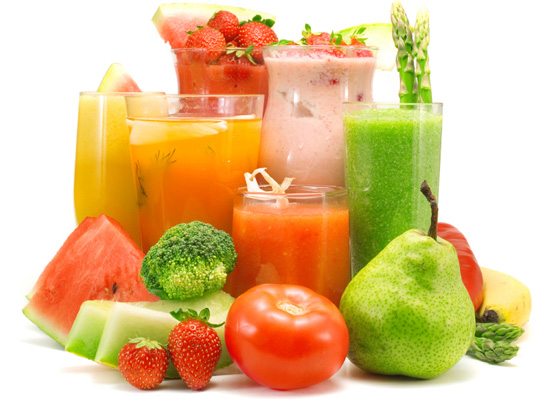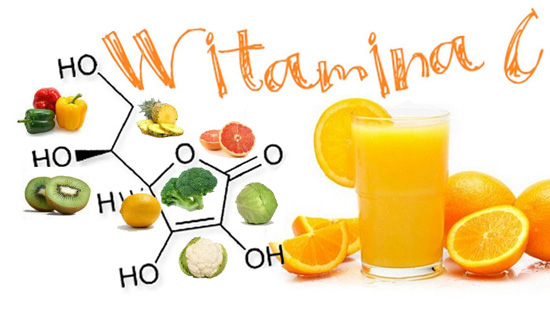Nowadays, more and more people choose fresh juice instead of juice drinks. Although the nutritive value of fresh fruit juice is high, it still has a certain nutrient loss when it is hot. So, how to reduce the loss of nutrition when making juice? How to prolong the storage time of fresh juice? Here are some tips for making fresh juice.
Nutrient loss in making fresh Juice
Studies have shown that even if you drink fresh juice immediately after extraction, there are still some nutritional losses. For example, vitamin C in fruit juices reacts with oxidase. But when making fruit juices, high - speed rotating blades destroy all cells, and all the content is mixed. So vitamin C is easily damaged by exposure to oxidase. Another experiment proves that 80 % of the vitamin C in the cucumber is destroyed after squeezing. The result is the same as that of tomatoes and cabbage. In addition, antioxidants such as flavone and anthocyanin in fruits and vegetables can also be destroyed. Many insoluble fibers, calcium and other trace elements will stay in the juice dregs. These nutrients prevent gastrointestinal disease, reduce cancer risk, and reduce drug dependence in diabetics. So experts advise people to eat the residue with juice. When we chew fruit and vegetables, they are not destroyed like rotating blades. So most of the nutrients are preserved and entered into our bodies. In this respect, it is healthier to eat fruit directly than to drink fruit juice.
How to maintain the nutrition of fresh juice?

Don't throw foam of fresh juice
The fresh juice extracted usually has a thick layer of foam. Some people will dump them because they are tasteless or ugly. But medical studies have proved that these bubbles contain anti-inflammatory, antibacterial, blood purification, and immune functions. These enzymes are easy to dissipate and lose activity, so you should drink as soon as possible.
Don't put the juice in an aluminum container
Once you add aluminum to your body, they damage your brain's neurons, leading to slow response and memory loss. Aluminum is hard to remove from your body. Citric acid, the tartaric acid in fresh juice, promotes the absorption of aluminum. So don't put juice and vegetable juice in aluminum containers.
Soak the fruit in hot water before squeezing it
After soaking fruits or vegetables in hot water for a period of time, most oxidase can be eliminated and tissues softened. This can reduce the loss of nutrients, increase juice production, increase juice color, and prolong the preservation time. This is especially necessary for low-acidity vegetables such as carrots, greens, celery, and sweet corn.
Do not drop the white fiber
Citrus fruits, such as oranges and grapefruits, have a white fiber flowing out of the pulp. They contain vitamin C and bioflavonoids, which are good for health.

Using a food processor instead of a juicer
In food processors, fruit blocks are stirred at high speed in buckets, while fruit juice is separated from slag in fruit juicer. The former still contains dietary fiber, while the latter removes all fiber. So it's healthier to use food processors.
In addition, with the food processor, the longer the stirring time, the higher the rotational speed, the more dietary fiber is destroyed. Therefore, experts recommend against maximum speed and stop the machine once the fruit is crushed into pulp. In this way, we can retain more dietary fiber in fruit.
Drink fresh juice immediately after extraction
To prevent the loss of nutrients from fresh juice, you should drink it immediately after extraction. So don't extract more juice than you need. If it is undrinkable, store it in the refrigerator and avoid air contact. Of all the nutritional losses, vitamin C is the fastest during storage. Under different conditions, the loss rate ranges from 20% to 100%.
Generally speaking, the higher the acidity of juice, the longer the storage time of vitamin C. Because vitamin C is the most stable in this case, microbes are difficult to reproduce. Hawthorn, orange and grape juice can be stored in refrigerator 3-5 days after opening. Low acidity peach and pear juice should be drunk within 2 days.




